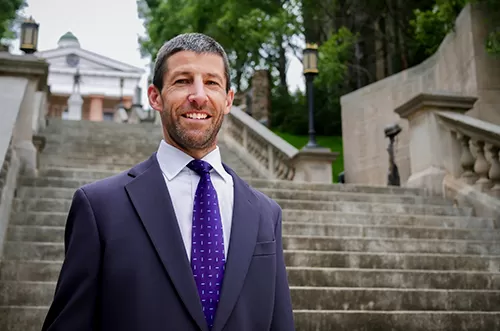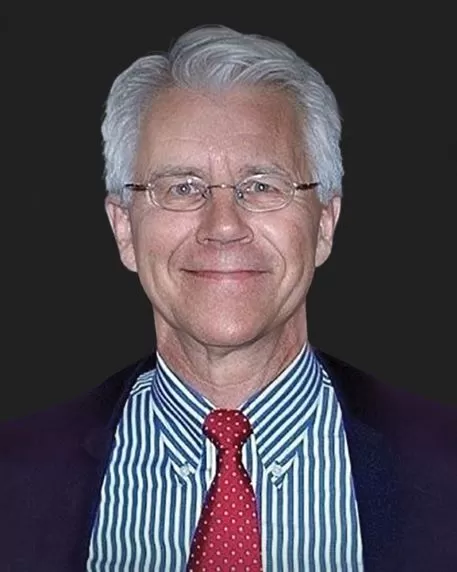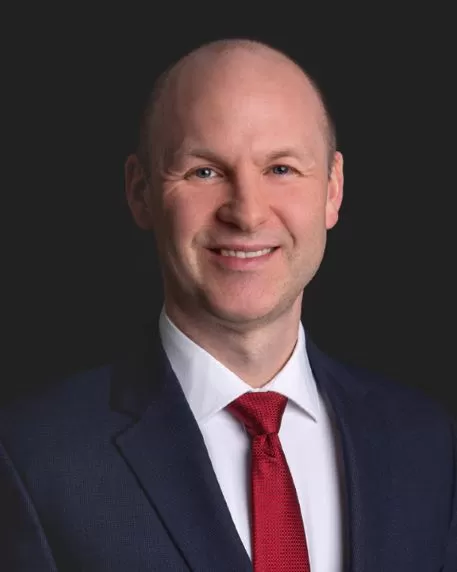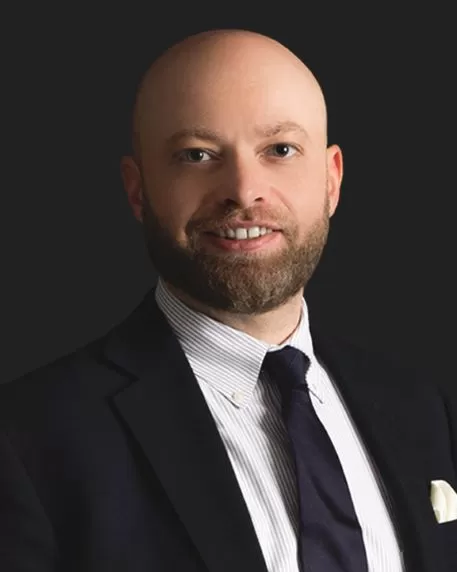Fernaays v. Isle of Wight Cnty., 2022 U.S. Dist. LEXIS 52804, 2022 WL 866416 (E.D. Va. Mar. 23, 2022)
Plaintiffs brought an inverse condemnation action claiming the Isle of Wight County’s (“County”) failure to maintain a drainage easement on their two properties caused damage to the properties, including erosion, a sinkhole, unstable banks, and sediment deposits. Plaintiffs identified five expert witnesses. The County moved to exclude all five experts based on Plaintiffs’ failure to provide Rule 26(a)(2)(B) disclosures and based on the experts’ purported failure to provide reliable and relevant opinions as required by Rule 702. Plaintiffs conceded that Patricia Raper would be called as a fact witness and not as an expert. For John T. Claud (“Claud”), John Steve Ferguson, L.S. (“Ferguson”), and Nanette Criddle (“Criddle”), the Court found their reports deficient under Rule 26(a)(2)(B) and unreliable under Rule 702. For Dennis Gruelle, the Court found his report complied with Rule 26(a)(2)(B), but his opinions were unreliable under Rule 702. The Court excluded the expert testimony of all five designated experts, but permitted one to provide factual testimony at trial.
Claud was to testify about “drainage improvements within the drainage easement including their type, construction method, failure, and method of repair.” He did not provide any information regarding his education, training, or experience to establish how he was qualified to offer engineering opinions. Claud failed to identify the facts or data that he considered in forming his opinions and did not state whether he conducted site visits, performed studies, and/or reviewed photographs. Claud opined that “remediation must include bank stabilization and an individual dredging plan to remove sediment from Brewer’s Creek,” but failed to state the basis and reasons for this opinion. Without a sufficient proffer as to an expert’s qualifications, the Court refused to permit Claud to offer opinions that require scientific, technical, or other specialized knowledge.
Ferguson was to testify about “surveying of the drainage easement and the rate of failure drainage improvements.” Ferguson’s report consisted of a single-page drawing purporting to show the areas of erosion and the sinkhole with dates ranging from March 13, 2020 to August 25, 2021. Plaintiffs later provided a supplemental disclosure attaching Ferguson’s resume and a statement of his compensation for testifying. The one-page drawing was provided without explanation and contained none of the disclosures required by Rule 26(a)(2)(B). None of the opinions asserted could be gleaned solely from the document, any reasons alleged, or any facts or data provided. Ferguson included no explanation of what the drawing or the dates on the document represented.
Criddle was to testify about “her duty as a real estate salesperson to disclose known defects and sinkhole’s negative impact on the marketability of the subject property.” Criddle’s report consisted of a one-page letter addressed to Plaintiffs, purportedly “to identify impacts to your properties arising from the dedicated drainage easement encumbrances on your properties which the County refuses to maintain.” Criddle failed to identify the facts or data she considered in forming her opinion that the easement and sinkhole reduce the salability of the properties, failed to identify the basis or reason for this opinion, and failed to disclose any information about her qualifications and why she is entitled to offer this opinion other than the fact that she has a realtor’s license.
Gruelle was to testify about “the value of the subject properties before and after the failure to maintain the drainage easement.” Gruelle provided two appraisals and concluded that the difference in market value before and after the sinkholes are $75,000 and $190,000 for the Brock and Fernaays’ properties, respectively. He did not, however, explain why the condition and costs to repair this sinkhole and drainage easement would be similar to a comparable property in the same subdivision. Gruelle simply stated that they are similar. Also, his opinions rested on an unreliable foundation because they relied on a number of people who were not designated to testify in this litigation, or whose testimony the Court had already found unreliable under Rule 702.





